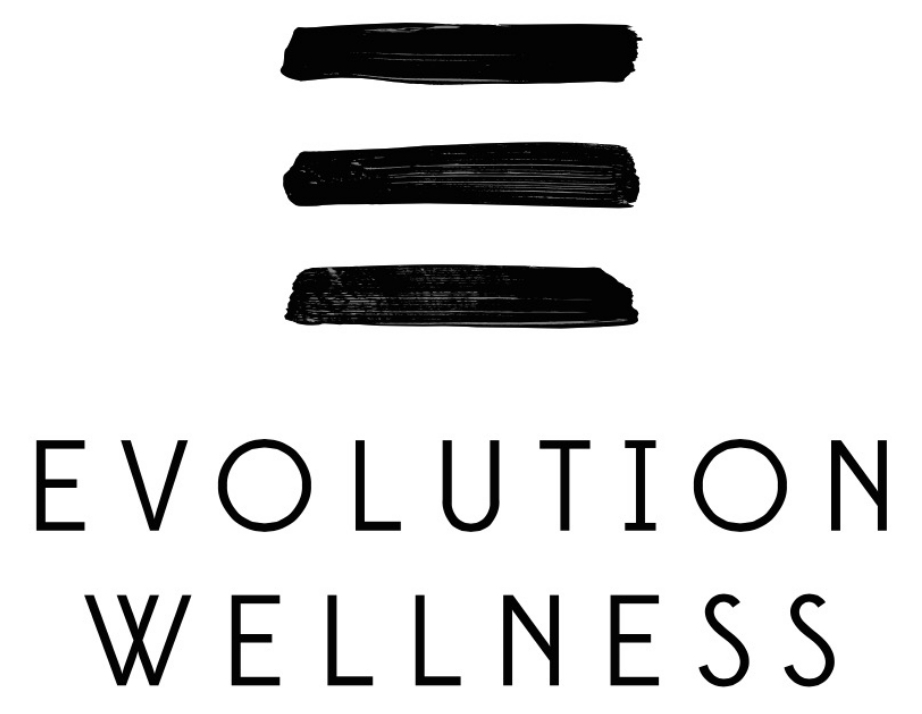ACUPUNCTURE FOR ALLERGY RELIEF
/Seasonal allergic rhinitis (SAR), commonly known as hay fever, affects millions of people worldwide. Symptoms include sneezing, nasal congestion, itchy eyes, and postnasal drip. While conventional treatments such as antihistamines, decongestants, and nasal corticosteroids are widely used, there can be unpleasant side effects and the possibility of worsening other conditions.
Recent research has investigated acupuncture’s ability to alleviate seasonal allergy symptoms; let’s take a look at the findings.
Clinical Studies on Acupuncture for Seasonal Allergies
1. Melbourne Randomized Controlled Trial
Study Design: A randomized controlled trial conducted in Melbourne investigated the effects of acupuncture on SAR patients over four weeks. Participants received either real acupuncture, sham acupuncture (placebo treatment), or no treatment. The study aimed to determine whether acupuncture could provide significant symptom relief compared to placebo treatments.
Findings:
Patients who received real acupuncture experienced a significant reduction in symptoms, particularly sneezing and itchiness in the ears and palate.
Participants reported an improvement in overall quality of life compared to those in the sham acupuncture and control groups.
The treatment was safe and well-tolerated, with no serious adverse effects.
2. German Study on Acupuncture and Antihistamine Use
Study Design: A large-scale study conducted in Germany involved 422 participants who were randomly assigned to receive either acupuncture, sham acupuncture, or standard antihistamine treatment for SAR over eight weeks. The goal was to evaluate acupuncture's effectiveness in comparison to conventional allergy medications.
Findings:
The acupuncture group showed a statistically significant improvement in disease-specific quality of life scores.
Participants in the acupuncture group used fewer antihistamines compared to those in the medication-only group, suggesting acupuncture may reduce reliance on pharmaceutical treatments.
3. Systematic Review of Multiple Randomized Controlled Trials
Study Design: A systematic review examined multiple randomized controlled trials assessing acupuncture for allergic rhinitis. This review aimed to consolidate existing research to determine whether acupuncture consistently provides benefits for SAR patients.
Findings:
Studies reported positive outcomes, indicating that acupuncture could help relieve symptoms and improve quality of life.
Ready to try it? David Blatt, LAc, offers acupuncture for allergies at his City Park location. Anticipate 5-10 treatments to achieve desired results.
References
Xue, C. C., et al. (2015). "Acupuncture for seasonal allergic rhinitis: a randomized controlled trial." PubMed. Retrieved from https://pubmed.ncbi.nlm.nih.gov/26073163/
Brinkhaus, B., et al. (2013). "Acupuncture in patients with seasonal allergic rhinitis: a randomized trial." PubMed. Retrieved from https://pubmed.ncbi.nlm.nih.gov/23420231/
Dr. Robert M. Jacobs et al. (2010). "A systematic review of acupuncture for allergic rhinitis." Annals of Allergy, Asthma & Immunology. Retrieved from https://www.annallergy.org/article/S1081-1206%2810%2960330-4/abstract
Wang, W., et al. (2022). "Targeting the sphenopalatine ganglion for acupuncture treatment of allergic rhinitis: a randomized controlled trial." Frontiers in Medicine. Retrieved from https://www.frontiersin.org/journals/medicine/articles/10.3389/fmed.2022.904864/full


